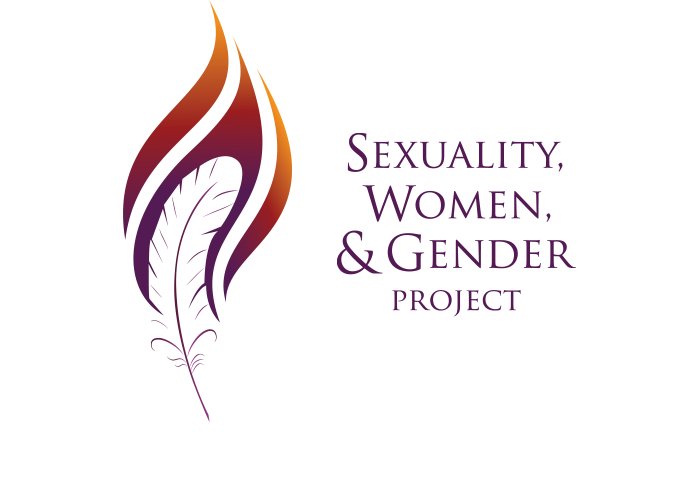Coursework | Research | TRAINING
PROFESSIONAL TRAINING
Teachers College, Columbia University is world-renowned in providing continuing education and professional development training in its four core areas of expertise: health, education, leadership, and psychology.
We believe if we “train the trainer” well, we have a hand in improving the care provision of hundreds of people in turn. This exponential impact has energized us to create offerings each year to support individuals and organizations gain greater competence. By leveraging TC’s expert faculty, SWG partners with you to design a tailored program, workshop, seminar, or lecture for your staff development held on campus in New York City, online, or onsite at your location.
Attendees of SWG’s training and lectures have included employees of NYC Department of Education, New York State Department of Health (NYSDOH), Westchester Medical Health Network, Maryland Behavioral Health Administration, and other local and international maternal & LGBTQ+ health organizations.
RISE-UP
We use the acronym RISE-UP as a guiding principle to remind us of our core areas of focus when training providers to improve competence.
Reproductive Health
Identity Development
Sexuality & Gender
Evidence-Based
Underserved Populations
Psychological Science
This specialized training supports the competent provision of adolescent reproductive life planning in schools. Participants learn relevant content areas, explore their own personal values and cultural norms, and discuss how to do so sensitively with their students. Educators enter a 6-week online self-paced learning experience along with in-person or online experiential workshops to explore unconscious bias.
KIT
Our professional training approach is known as KIT: Knowledge, Insight, and Translation and is centered on improving three distinct yet interrelated areas of learning: content comprehension, personal awareness, and applied practice.
This combination of knowledge retention, introspective self-awareness, and translation to the field is a tri-part learning model, often used in Counseling & Clinical Psychology, and is increasingly adopted by Health Professional Education (HPE) for medical providers.
We also aspire to embody the principles of a DEI: Diversity, Equity, and Inclusion framework where all members in our learning community — particularly those with marginalized identities — feel welcomed, valued, and represented.
Lastly, to evaluate the impact and efficacy of our training we actively track the progress of our participants via ongoing research studies that measure outputs before, during, after, and 6-months later upon completion.
EXAMPLE OFFERINGS
Sex Education Initiative
Our Sex Education Initiative, an annual free fellowship funded by the Edlow Foundation is now in its 5th year and has served ~200 providers to date. Its mission is to improve middle and high school sex education with a focus on Reproductive Identity Formation (RIF) to enhance conventional pregnancy prevention and contraceptive counseling.
Knowledge
Psychological models of reproductive identity development & intersectionality
History of reproductive health guidelines and reproductive justice movements
Insight
Experiential exercises to elicit and reflect on implicit bias in reproductive health education
Assessment and measurement of self-awareness and introspection over time
Translation
Application of academic concepts and personal epiphanies to specific settings and populations
Creation of age-appropriate instructional materials and interactive exercises for the classroom
Guest Lectures
If you are unable to participate in full-semester coursework, we welcome lecturing to your community or organization. Our Reproductive & Maternal Health & Wellbeing lectures address the absence of accessible training on maternal mental health. While it mainly focuses on the biological, social, emotional, cultural, political, and spiritual forces that shape a mother it also takes into account the holistic needs of all parents, broadly defined, and inclusive of the diversity of care-taking roles and experiences. Related topics such as reproductive justice, LGBTQ family-building, and reproductive identity development, are available to update providers on how to best support the changing procreative lives of people in the 21st century.



